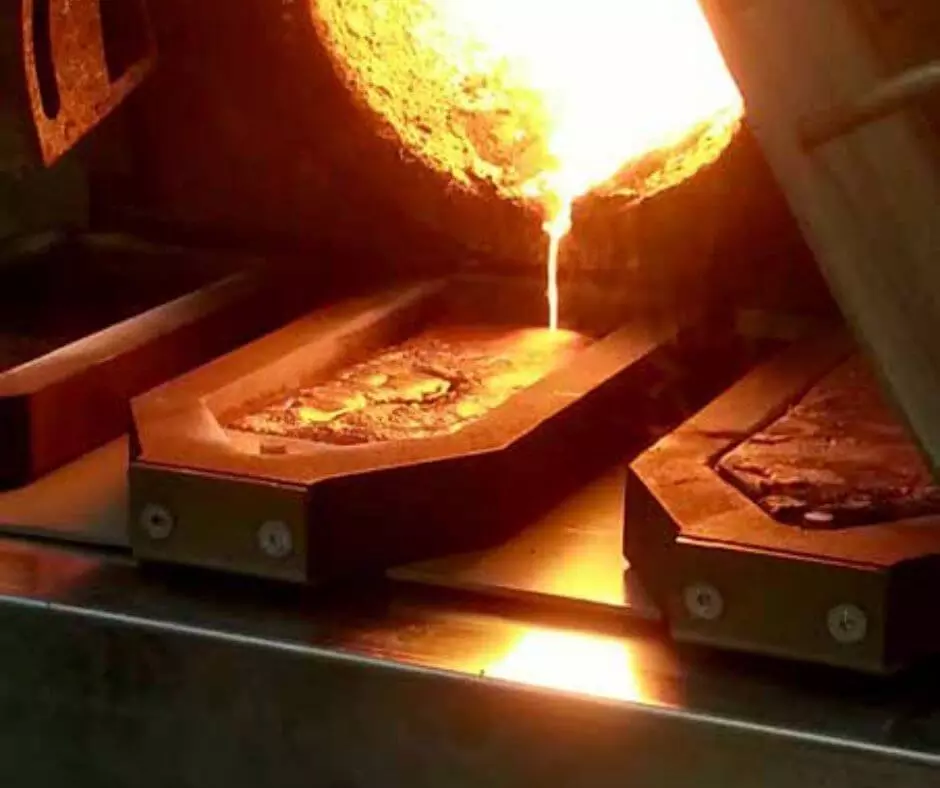
INDUSTRIAL AUTOMATION FOR THE FOUNDRY SECTOR
From large steel mills to small goldsmith companies, the foundry plays a central role in the quality of the products introduced into the industrial and commercial circuit. And when we talk about casting, it is linked to a harsh work environment, with high temperatures and the need for special Personal Protective Equipment to prevent any type of risk.
Melting is a phase transition that transforms a solid into a liquid as a result of the application of heat or pressure. The reverse process of melting is solidification. Metal melting is a widely diffused industrial process, which embraces multiple sectors differentiated by the volumes processed, the physical and chemical characteristics of the raw materials and therefore also by the technologies involved in the various processing phases.
Below we briefly describe two types of industrial casting processes that can take full advantage of industrial automation:
- Die casting (o die casting) falls into the macrocategory of permanent form casting. The molten metal is injected into the mold at high pressures. The process is usually automated, resulting in very short cycle times, hence very high productivity. The finished product has a higher surface finish than the sand foundry, typical of the permanent form, which is further enhanced by the high casting pressure, which will make the material adhere better to the form.
- Gravity casting is one of the very first processes invented for casting metal and light alloys. In this process, which can be fully automated, molten metal is poured directly from a cup into a permanent or semi-permanent mold.
Foundry Automation: The Value of the System Integrator
From the point of view of a system integrator, the approach to the foundry environment requires a series of constructive and process-specific measures.
It is in fact obvious that integrating robots (or industrial automations in general) for gravity casting, for dosing operations of metals such as aluminum or brass, and for the manipulation of molten metal castings is possible only by ensuring a high degree of insulation and using hardware with dedicated construction characteristics (heavy duty).
Like many other industries, foundries are constantly looking for new solutions to optimize their production processes. In this case, the use of automations and robots allows them to increase their productivity, cut costs and increase the quality and safety of their working environments.
Foundry and precious metals
In the precious metals field, within industrial realities such as large refineries, the role of the foundry is essential to guarantee a controlled supply chain, without metal losses and with total quality control.
The use of robots for metal sampling turns out to be a winning weapon for these realities, as it makes it possible to control the title of the metal without affecting the working process, i.e. taking metal samples with robots suitably protected (with Kevlar "clothes" and special sheaths).
The molten metal is taken by means of special crucibles or probes which the robots then convey to title measuring stations, and which, depending on the results obtained, determine the next steps in the process.
In summary, we can state that one of the leading sectors of world industry, namely the transformation and production of metals, is certainly destined to be increasingly managed by industrial automation and robotic systems, aimed at reducing the risks for operators in the sector and at the same time guaranteeing an increasingly high quality of the finished product.
